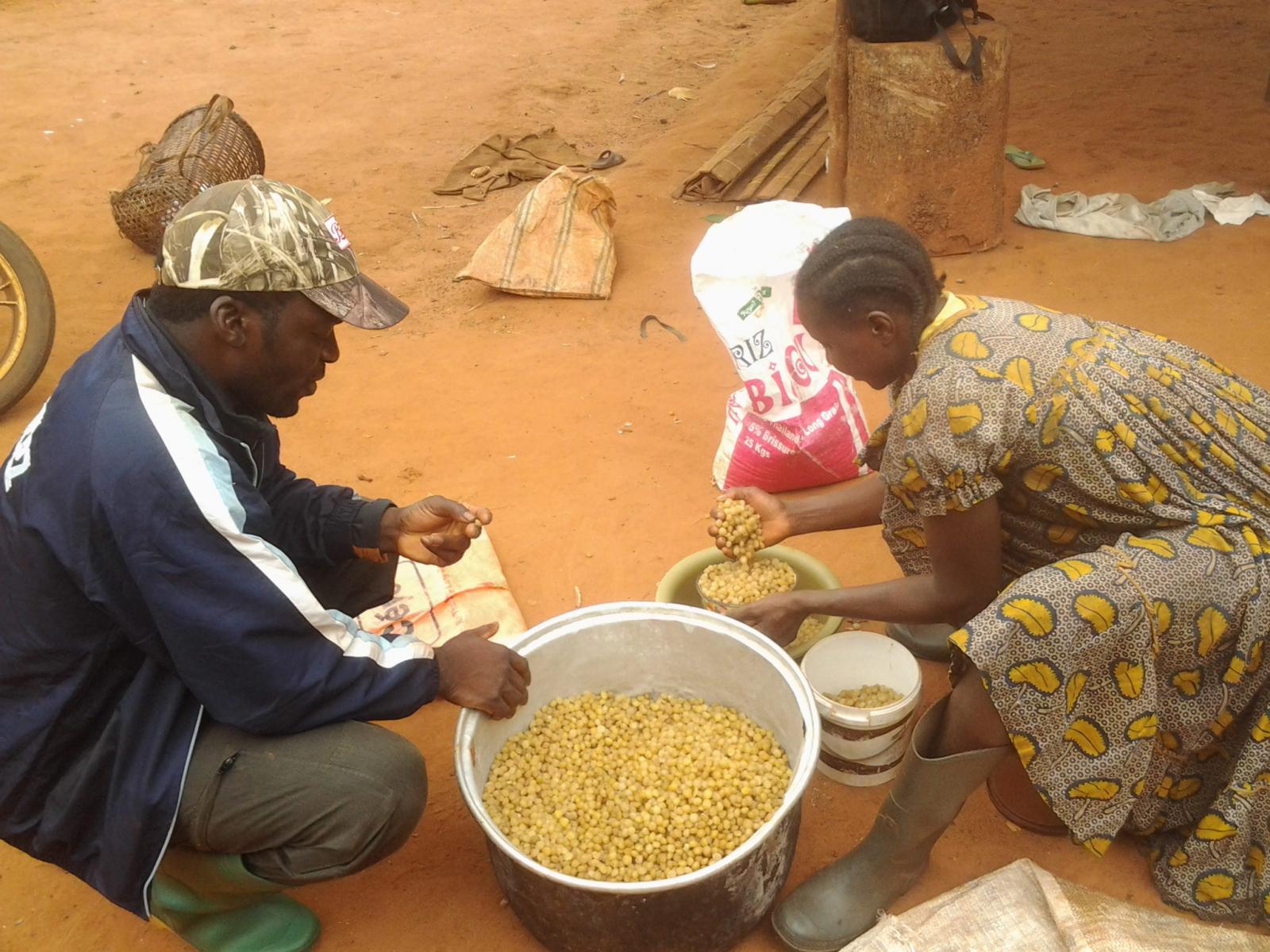An Overview Of Our Solution
- Population Impacted:
- Continent: Africa
Organization type
Population impacted
Size of agricultural area
Production quantity
People employed
Describe your solution
Describe your implementation
External connections
What is the environmental or ecological challenge you are targeting with your solution?
Describe the context in which you are operating
Since 2010, Tropical Forest and Rural Development (TF-RD) has been working with communities living in the northern part of the reserve on an endogenous dynamics based on development of agroforestry system Cocoa plantations enriched with plantains and other local trees on old fallows. It follows an approach based on the notions of "landscape" and land-use planning which aims to enhance the sustainable use of village land, thereby avoiding deforestation of virgin forest zones while involving all the stakeholders in the conservation and protection of the environment, especially women.
This is an innovative approach based on the notions of landscape and spatial planning and which seeks to enhance development of the village territories and their sustainability, improve their standard of living while involving other Stakeholders, particularly women.
In order to achieve these objectives and to achieve solid results, our methodology consists in identifying and bringing together all the environmental, social and economic constraints and objectives of the producers within the localities around the Dja biosphere reserve.
It dealt with:
Organizing sensitization campaigns for cocoa farmers with presentations of the scenarios & expected gains;
Identify fallows to be valued & build nurseries for the production of improved plants;
Set up new cocoa plantations in the fallow land;
Set up a cocoa seedling farm for production of improved variety;
Diversify cocoa trees w/ economical fruit
How did you impact natural resource use and greenhouse gas emissions?
Language(s)
Social/Community
Water
Food Security/Nutrition
Economic/Sustainable Development
Climate
Sustainability
TF-RD has gained legitimacy in the area with local populations for more than 10 years and will continue to ensure their actions even after the end of the project. Moreover, thanks to the training received and the collaboration maintained between cooperative and NGOs over the years, the research results obtained valued many years after the end of the project, via the NTFP. The marketing company Tropical Forest Food and Cosmetics, once economically autonomous, with its distribution and buyer network, will become the central element / engine that will "drive the production" of NTFP by placing orders with NGOs and cooperatives producing in the field.
Tropical Forest has developed a system of within the value chain that is sustainable.
Return on investment
Entrant Banner Image

